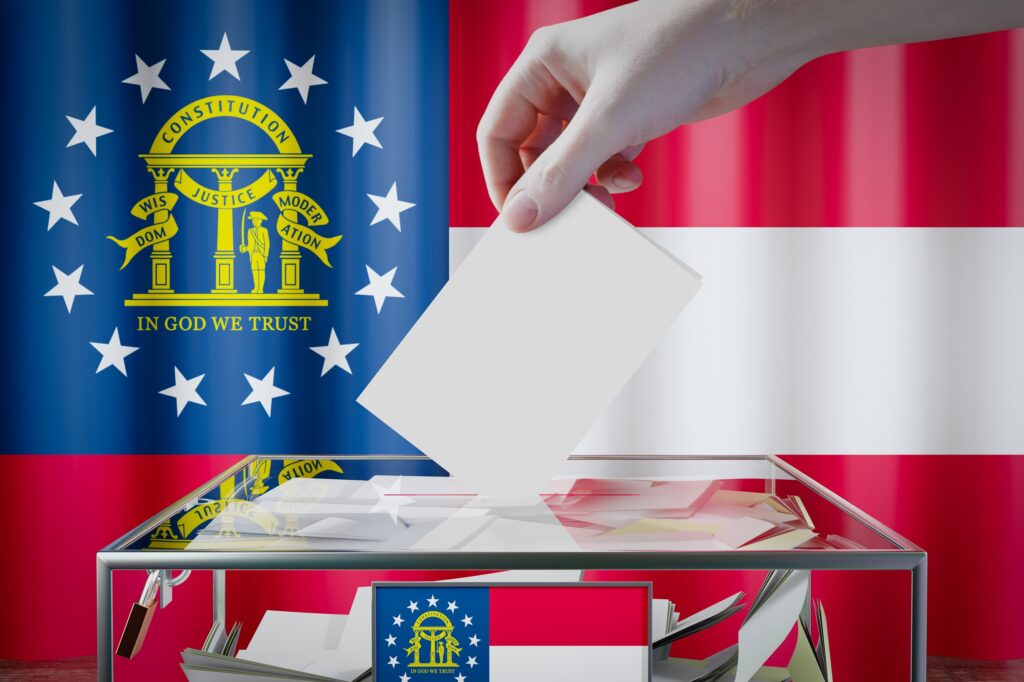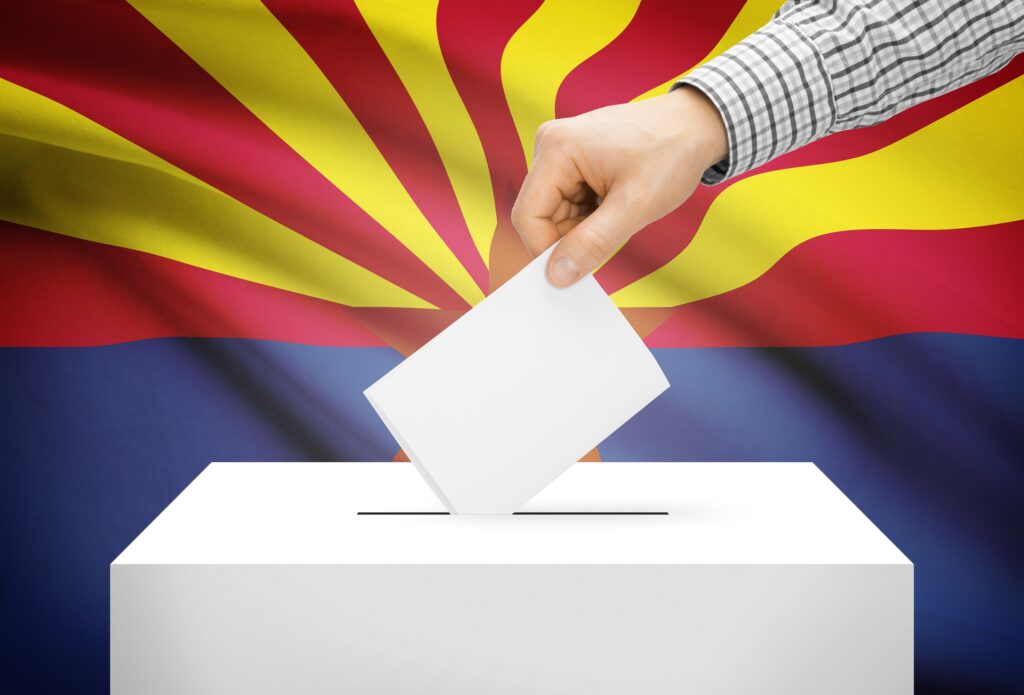How Federal Cannabis Legalization Can Restore Police Legitimacy and Enhance Public Safety
- Share via Email: How%20Federal%20Cannabis%20Legalization%20Can%20Restore%20Police%20Legitimacy%20and%20Enhance%20Public%20Safety
- Share via Facebook: How%20Federal%20Cannabis%20Legalization%20Can%20Restore%20Police%20Legitimacy%20and%20Enhance%20Public%20Safety
- Share via Twitter: How%20Federal%20Cannabis%20Legalization%20Can%20Restore%20Police%20Legitimacy%20and%20Enhance%20Public%20Safety
Authors
Key Points
The legalization of cannabis has the potential to reduce negative police interactions, improve police-community relations and make the jobs of law enforcement officers less dangerous, which enhances public safety.
The legalization and appropriate regulation of cannabis can disrupt and dissolve illegal-market access to cannabis. Well-regulated cannabis industries reduce reliance on illegal markets that are inherently associated with violence and homicide.
The legalization of cannabis has the potential to allow substantial police resources, formerly dedicated to prohibition enforcement, to be allocated to the nationwide increases in violent crimes and homicide.
Press Release
“Legalize it”: It’s time to legalize and properly regulate cannabis
Media Contact
For general media inquiries and to book our experts, please contact pr@rstreet.org.
Executive Summary
After 115 years of prohibition, the legal status of cannabis in the United States is at a tipping point. Significant advances in state-level cannabis legalization have been made in the past decade, and decriminalization efforts have increased in cities across the nation. More than 90 percent of Americans—on both sides of the political aisle—support legal adult use of medical or recreational cannabis. Legalization is also increasingly supported by law enforcement, with two-thirds of police supporting medical or recreational cannabis. Yet cannabis remains illegal at the federal level, and its possession and use are subject to the most severe criminal penalties under the Controlled Substances Act (CSA).
The federal government has an opportunity to end America’s longest war, the war on drugs. As evidenced by our experience with alcohol, national prohibition produces disastrous outcomes, including rising crime and violence, underground markets, unregulated products and continued demand for the substance. The general consensus among criminologists, criminal justice scholars and drug policy experts is that the war on drugs—described as a war on marijuana—has been a “resounding failure.” Further, the harms associated with marijuana prohibition far exceed the benefits in nearly all ways that can be measured.
Rather than continue the prohibition policies that have contributed to mass incarceration and the destruction of police-community relationships, we need smart federal legislation to legalize and properly regulate cannabis. This approach would significantly disrupt illegal drug markets, as marijuana is the most widely cultivated, trafficked and used illegal substance in the world. Better legislation is also critical for reducing violence and enhancing public safety, as such efforts could contribute to fewer negative police-citizen interactions, improvements in police legitimacy, the restoration of police-community partnerships, and a reallocation of resources to help stem the recent surge in homicides. Regardless of personal or moral perspectives, the federal prohibition of cannabis is bad public policy.











